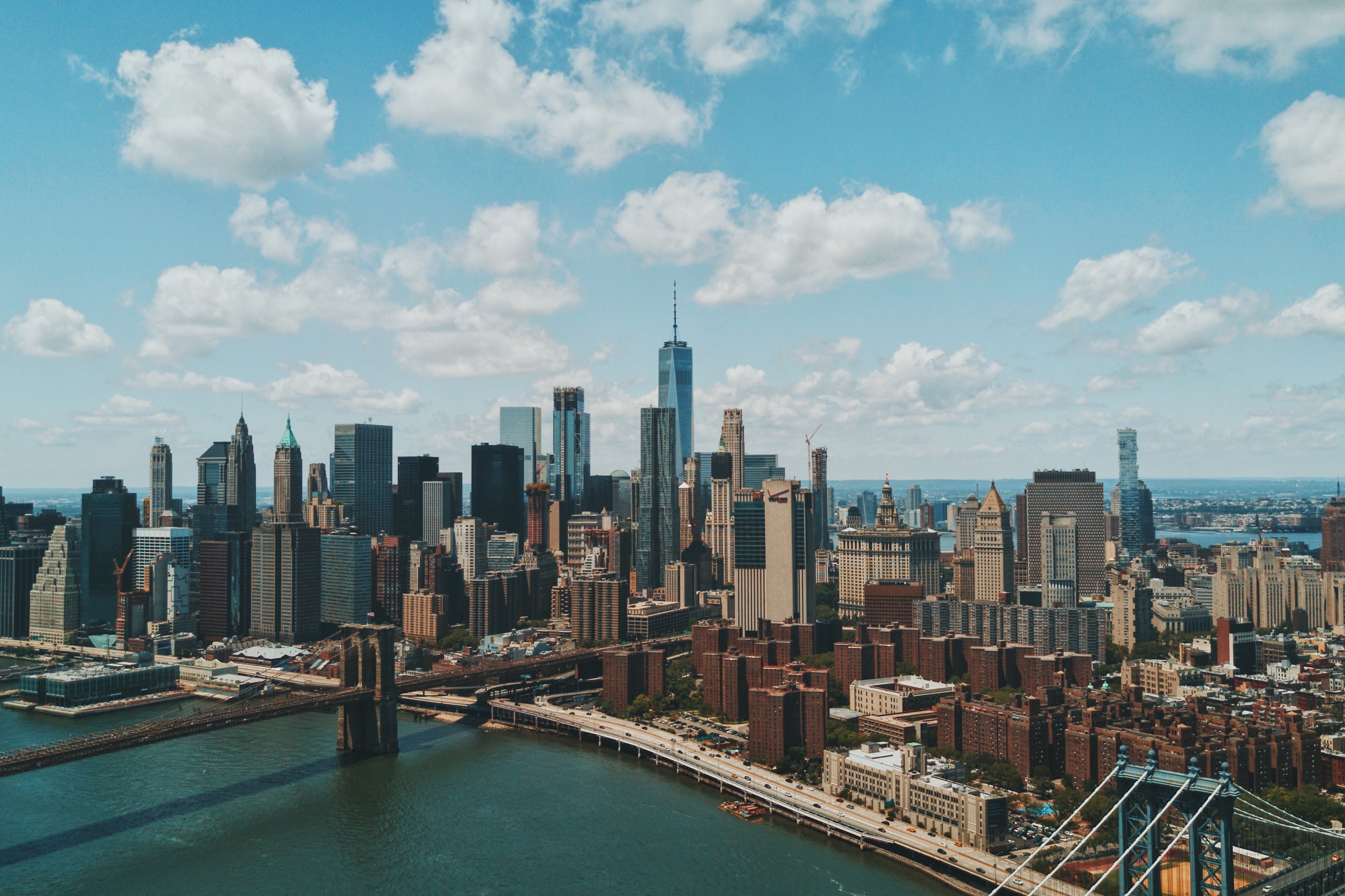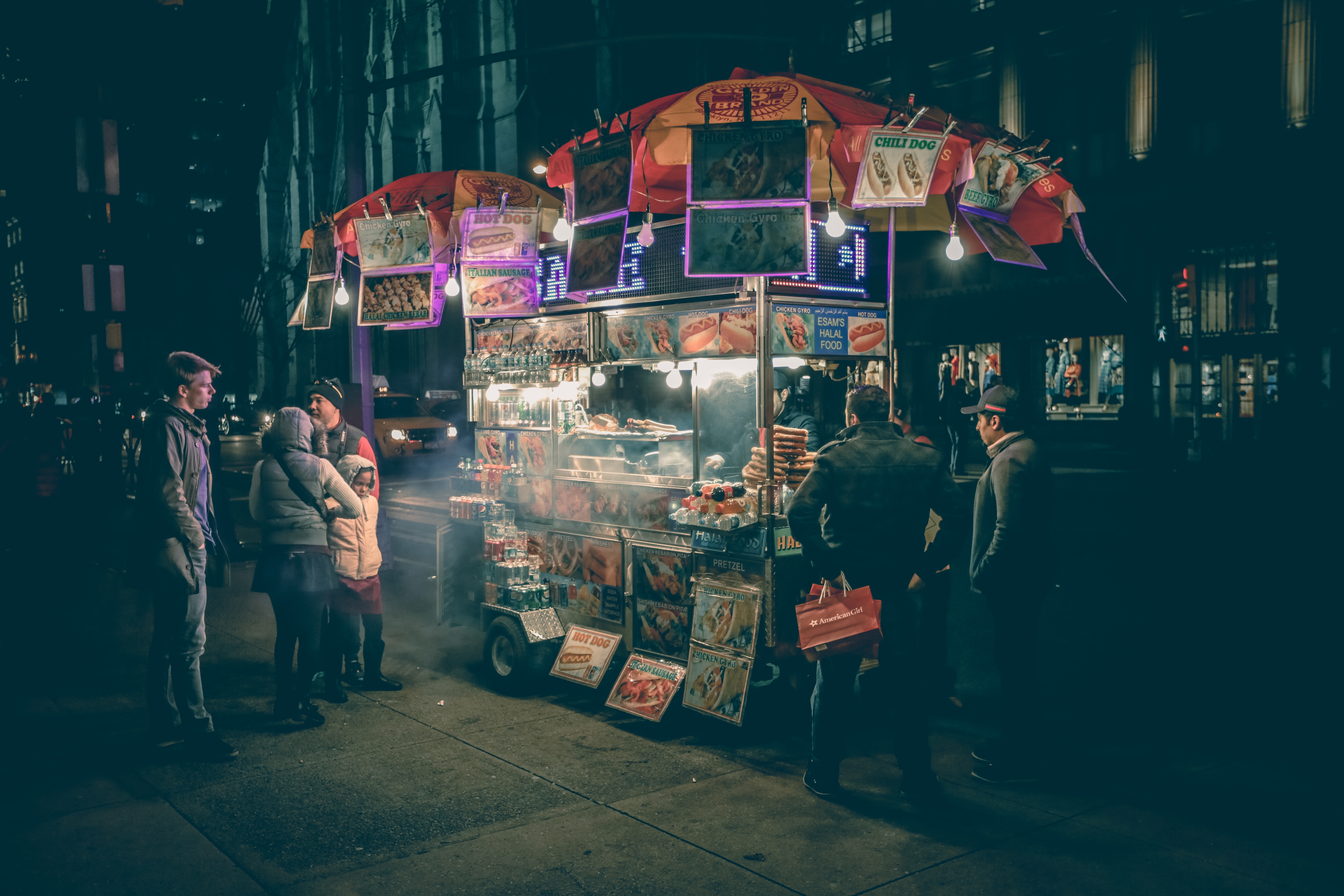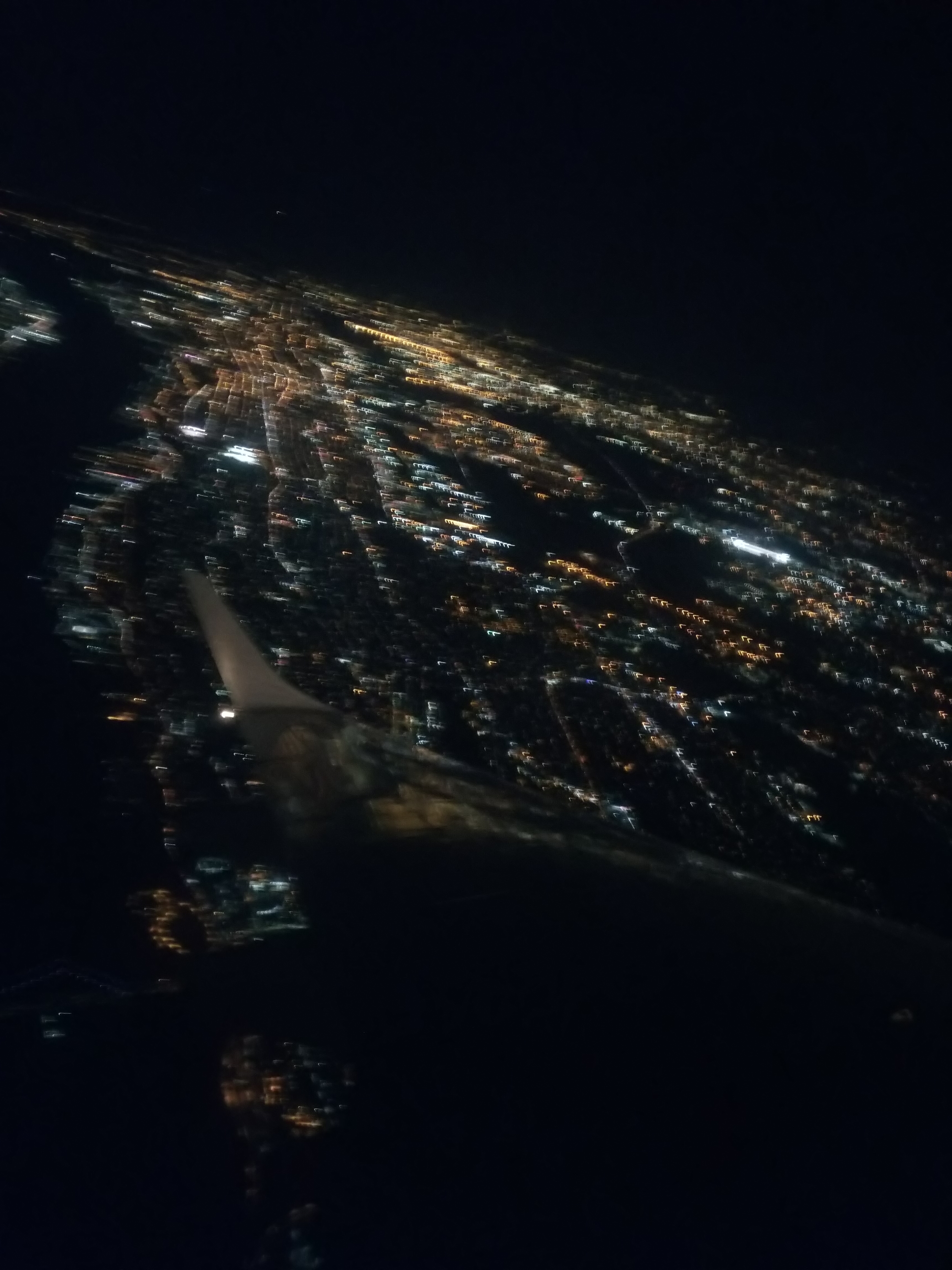{Author’s Note: We were told to discuss how gaining agency can help people overcome oppression, giving examples of resiliency that led to victories, measuring their impact whether they were small, moderate or large. We also we asked to discuss whether there are ways that globalization could build resiliency using the various examples and case studies we discussed in class}
In the film Life and debt about life in Jamaica, we saw how the lack of control of the Jamaican currency by the Jamaican economy left Jamaican workers and farmers oppressed by the IMF. When Jamaica was in so much foreign debt, the government went and seek help from the IMF who later worked to devalue their currency. The IMF helped them pay their debts but in the process made some laws and regulations for Jamaica to remove its trade barriers and allow the effect of globalization to be manifested in the small country whose main economy depended on agriculture. The devaluation of Jamaican currency made their debts increase even more and even if the IMF was helping them, the free trade due to globalization allowed cheaper goods like the powdered milk to be imported in Jamaica. The import of cheaper agricultural and other products left local Jamaican producers worse off as they could not compete in the market with the cheaper goods from abroad. Hence the lack of control of the Jamaican economy by its government and the increase in globalization affected low-income workers and farmers who depended on their local produce for income. Globalization is also seen building resiliency among Jamaican farmers as they formed an association which will help them increase their productivity and adapt to more advanced ways of processing so that their agricultural products can be sold abroad. For example, we saw how they were exporting bananas to Europe which helped increase their income and decrease the free trade burden on the Jamaican farmers. In this case the resiliency of Jamaican farmers to form small associations that will help them maximize their produce contributed to a small victory as the effects of globalization outweighed the benefits since the US continued to subsidized its products which were cheaper and also the companies in the free zone exploited a lot of Jamaican workers who were paid less, and worked in poor conditions. Globalization exempted these companies from Jamaican regulations since they were in the free zone area exploiting Jamaican workers to maximize their profits with no care about the worker’s welfare. Hence from my viewpoint, I think that in the case of Jamaica, globalization increased oppression socially and economically than the benefits that came with it. Globalization only benefited few people especially those traders who earn their living from importing goods from abroad or the tourist industry that does conduct its business in dollars and other foreign currencies. Not only that but globalization is seen creating jobs for people although these jobs where not permanent or highly paid as the companies exploited Jamaicans for cheap labor in order to make more profit.
In the case of the Triangle factory, women working in the factory had no control of their own rights. They worked many hours, in poor conditions and very strict rules which were both dehumanizing and also unrealistic. They were paid less in their work and their employers used every power they had to quite them down when they tried to protests and fight for their rights. In this case, globalization and the presence of free trade led to the oppression of these women as they were exploited to make clothes that were worn by high-income communities with less pay or fewer benefits than what their employers were making. The need of these women to provide for their families made them endure oppression for some time but later they wanted to take control and form a worker’s union. The workers union would help the workers gain agency on their own rights, their pay and the environment they were working in. The resiliency of these women as they protested for better working and safe environment, helped some of them gain victory especially those in the smaller factories. In the case of the Triangle factory, the fruit of the worker’s resilience was only seen after the triangle fire when people realized that these workers were really not safe in that factory. The tragedy that happened raised awareness among different media sources and other people in power who fought to improve the worker’s working conditions by creating unions and laws that would protect these workers. Therefore, from my point of view, in the triangle factory case, globalization that led to industrialization did not build any resilience as it was one of the reasons that the women workers were exploited when the employers faced competition with other traders in order to meet the demands of the growing consumers all over the world. In this case, globalization led to the death of many innocent young women whose only need was to provide for their families. Though this is the case, the presence of media and communication which is one of the symbols of communication made this tragic event global persuading people in the government and other powerful people to fight for the women’s right in the workforce. This is seen by articles been published about the stories and the deaths of these women persuading people to take action and end oppression in the workforce. Therefore, although industrialization provides jobs for the low- income communities, it can also be a source of oppression by the employers especially if there is no government or workers union to check their power and hold them accountable.
From our discussion in class, we saw how globalization can be beneficial to a certain country in the case of Jamaica and New York normally in the economic sector. Although these are two different places, the history and the experiences of low-income communities who have no power in the globalized world show how globalization can be both a bad and a good thing. It can be a good thing as it opens up a country or a city to other traders worldwide who are free to compete by providing cheaper but more quality goods. In the presence of competition and no regulations, we see how traders can compete to make high-quality goods at lower prices. This leads to exploitation, as workers are forced to overwork with less pay since the traders do not make much profit because there are selling at very low prices they would love to sell it. This can later lead to more violence as we saw in Jamaica and more people can be hurt in the process. Therefore, from my point of view, globalization can only bring good results to low-income communities if they are being protected by strong laws to avoid oppression. This can be by setting down fixed wages to make sure that the workers can support their living standards and provide for their families and also by allowing them to work in better environmental conditions. Powerful countries should also stop subsidizing their goods in order to give a chance for local produce to compete in the market. Lastly, the local organizations should be supported as these small industries like the one that produced fresh milk in Jamaica should be supported as they can later grow to even bigger industries when they are subsidized.


